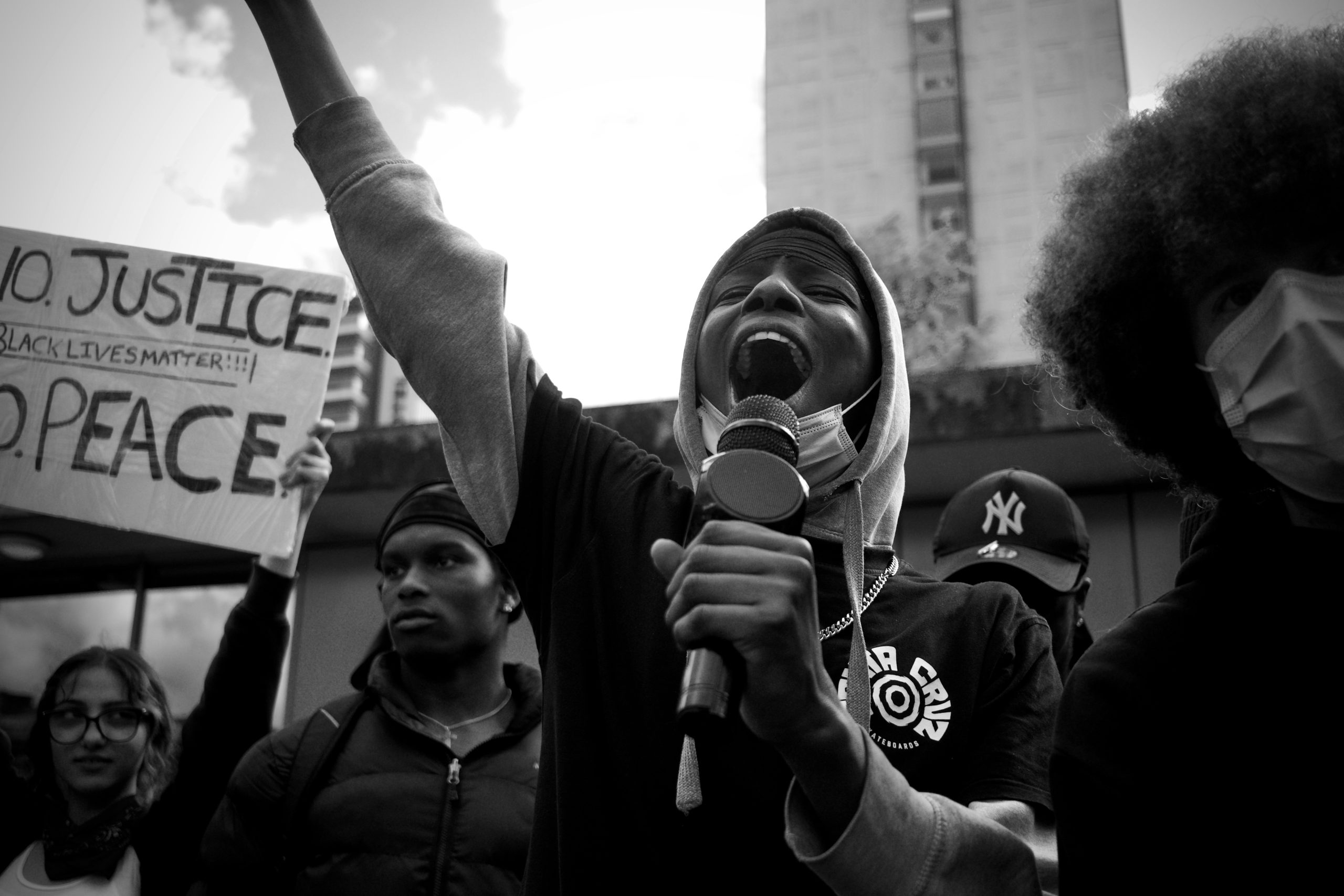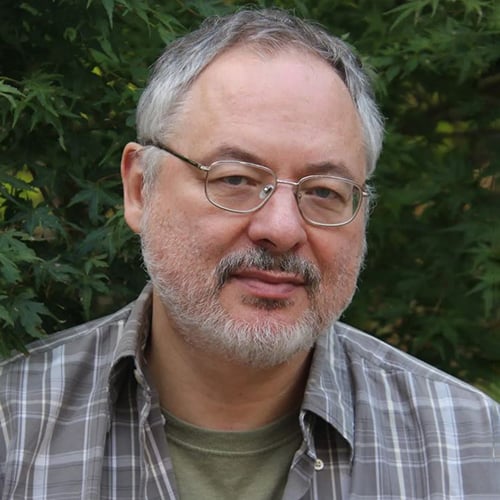MEDIA ATTENTION FOR PETER TURCHIN’S PREDICTIONS
The prestigious TIME magazine recently reported on a researcher who “predicted 2020 would be mayhem.”
This man is Peter Turchin, a CSH External Faculty member, who will join the Hub team as a new group leader in fall.
We are very excited!
NEW GROUP WILL DIGG INTO SOCIAL COMPLEXITY AND COLLAPSE
Peter will build up a team to investigate social complexity and collapse. The group will focus on processes responsible for the emergence of complex societies in human history, and will investigate why some societies are resilient, while others seem to be fragile. What makes complex societies resilient to internal and external shocks? How can the probability of the collapse of a society be determined? The group will test model predictions against historical and archaeological data, collected in a comprehensive and constantly growing database, the Seshat: Global History Databank, also founded by Peter.
Already a decade ago, in 2010, the now 63-year-old professor of cultural evolution at the University of Connecticut had analyzed historical cycles of instability and published a forecast in the journal Nature, claiming the USA would experience a period of major social upheaval beginning around 2020.
RISING INEQUALITY CAUSES UNREST
Peter came to this conclusion after having studied data on political violence, such as urban riots, terrorism, and assassinations between 1780 and 2010. Using a computer model, he also factored in economic patterns—including declining wages, wealth inequality, exploding national debt and other social pressures that affect national stability—from the same time period.
The model showed that social and economic turmoil in the US would reach a critical point in the years around 2020. This claim was so accurate that it caught the attention of the TIME journalists.
In the TIME piece, Peter points out that the USA has undergone stretches of turmoil approximately every 50 years between 1870 and 1970, and that the next cycle would begin this year. He did not make a “prophecy,” but rather a prediction based on data collected from over 20 years of studying crises in historical societies and the structural defects that helped cause them.
TURMOIL TYPICALLY LASTS FIVE TO 15 YEARS
Peter asserts that societal crises, triggered when pent-up pressures seek an outlet, can typically last for five to 15 years. If the underlying roots of unrest are not properly addressed, turbulent events are easily set off again.
In his long essay “Return of the Oppressed,” which appeared in the digital magazine Aeon in 2013, Peter notes that throughout history, inequality has moved in cycles. Historical research on Rome, England, France, Russia and the US shows that complex interactions add up to a general rhythm. Upward trends in variables (e.g., economic inequality) alternate with downward trends. The ways in which other parts of the system move can tell us why certain trends periodically reverse themselves.
NEW RESEARCH FIELD CLIODYNAMICS
Understanding (and perhaps even forecasting) such trend-reversals is at the core of the discipline of “cliodynamics,” a research field also founded by Peter, which looks at history through the lens of mathematical modeling.
Cliodynamics also explains why historical reversals in such diverse areas as economics and culture happen at roughly similar times. The theory of secular cycles looks like it can provide answers to questions about our own society.
According to historical data, unequal societies generally turn a corner once they have passed through a long spell of political instability. Tired by persisting violence and disorder, government elites realize that they have to overcome their internal rivalries and work in a more cooperative way if they are to have any hope of preserving the social order. This shift in the social mood has been seen repeatedly throughout history, writes Peter.
“I don’t believe that disaster is pre-ordained, no matter what we do. On the contrary, if we understand the causes, we have a chance to prevent it from happening. But the first thing we will have to do is reverse the trend of ever-growing inequality,” he concluded in 2013.
It is only too obvious that this did not happen.
LINKS:
Melissa Chan, “This Researcher Predicted 2020 Would Be Mayhem. Here’s What He Says May Come Next,” TIME Magazine, 16 June 2020
Peter Turchin, “Political instability may be a contributor in the coming decade,” Nature Vol 463, 3 Feb 2010
Peter Turchin, “Return of the oppressed: From the Roman Empire to our own Gilded Age, inequality moves in cycles”, AEON, 7 Feb 2013
Seshat: Global History Databank

